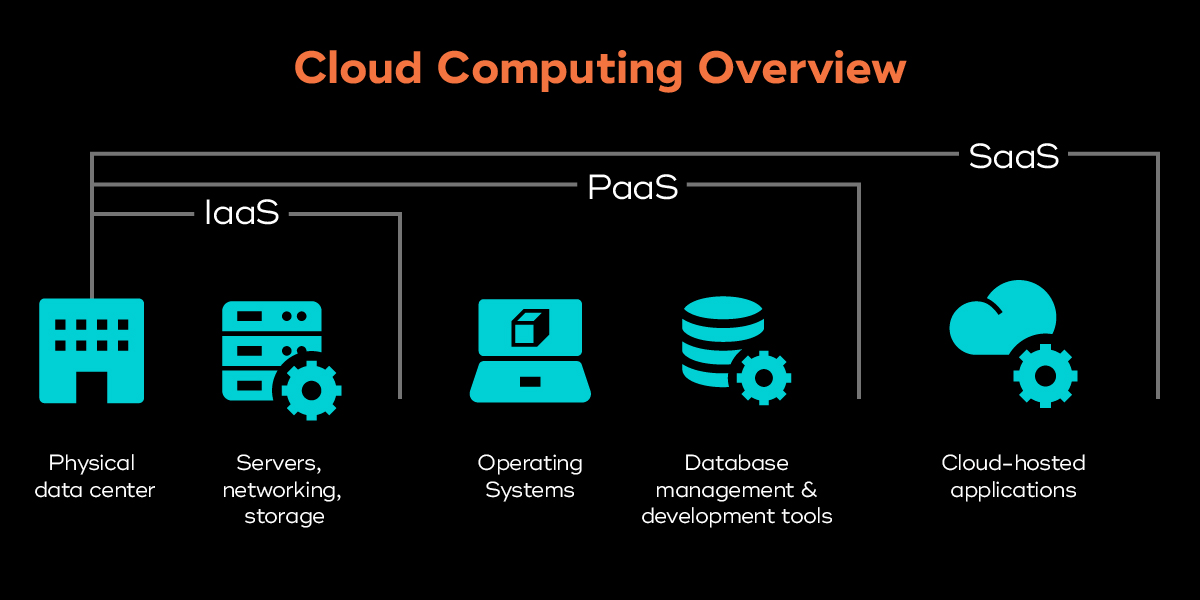Overview
With business needs constantly evolving, the flexibility, scalability, and agility made possible by cloud computing platforms have become key to keeping up. If your business needs more than a collaboration tool but doesn't need a fully customized infrastructure, a platform-as-a-service, or PaaS, may be for you.
What is PaaS?
PaaS provides a complete cloud-based development and deployment environment for your developers to build on top of. The operating system, data storage, servers, and networking are all outsourced to the provider, so your team can focus on development. IT technicalities like building and maintaining infrastructure are managed by the provider while users have control over applications, functions, and data.
PaaS is usually delivered via the web, and most providers offer pay-by-use models, though some have a flat subscription fee.
Why does PaaS matter?
Ready-made PaaS can cut working time and time to market, as it significantly reduces coding time and allows multiple users to work on the same project at the same time, without worrying about versioning.
PaaS also offers high levels of customization and flexibility, so it can be a great launching point for your business. It’s easy to scale as needed and you can easily migrate to hybrid cloud environments or to other cloud models.
What’s the difference between PaaS and other as-a-service models?
The middle ground between SaaS and Iaas, PaaS offers great customization options while still lifting the maintenance burden off of IT. It’s a great option if ease of development and a faster time to market are important for your business, though there can be limitations when it comes to coding languages, and there is the potential of vendor lock-in. If you need more control and security, an IaaS might be better for you.

How PaaS helps you compete
In this moment of pivotal change, speed and agility are paramount to business success and being future-ready. With significantly reduced coding, streamlined workflows, and overall faster development, PaaS can significantly reduce your time to market. Plus, when your application is on an existing, established platform, it’s easier to maintain and update.
Another big plus of PaaS is flexibility. With PaaS, it’s easy to set your business up for success, no matter what your business needs are. You can quickly scale up or down as needed, migrate cloud models, design your own workflows, and utilize data analytics tools and visualizations. PaaS also makes it easy to integrate essential data analytics into your business with cloud-based data analytics platforms like Teradata Vantage.
Be future-ready
The ability to be flexible and agile amid a rapidly changing environment can make or break a business. A PaaS cloud computing platform makes it easy to connect your employees, customize workflows, and integrate data analytics into your business, so you can make data-driven decisions and give your business the edge it needs to be competitive.